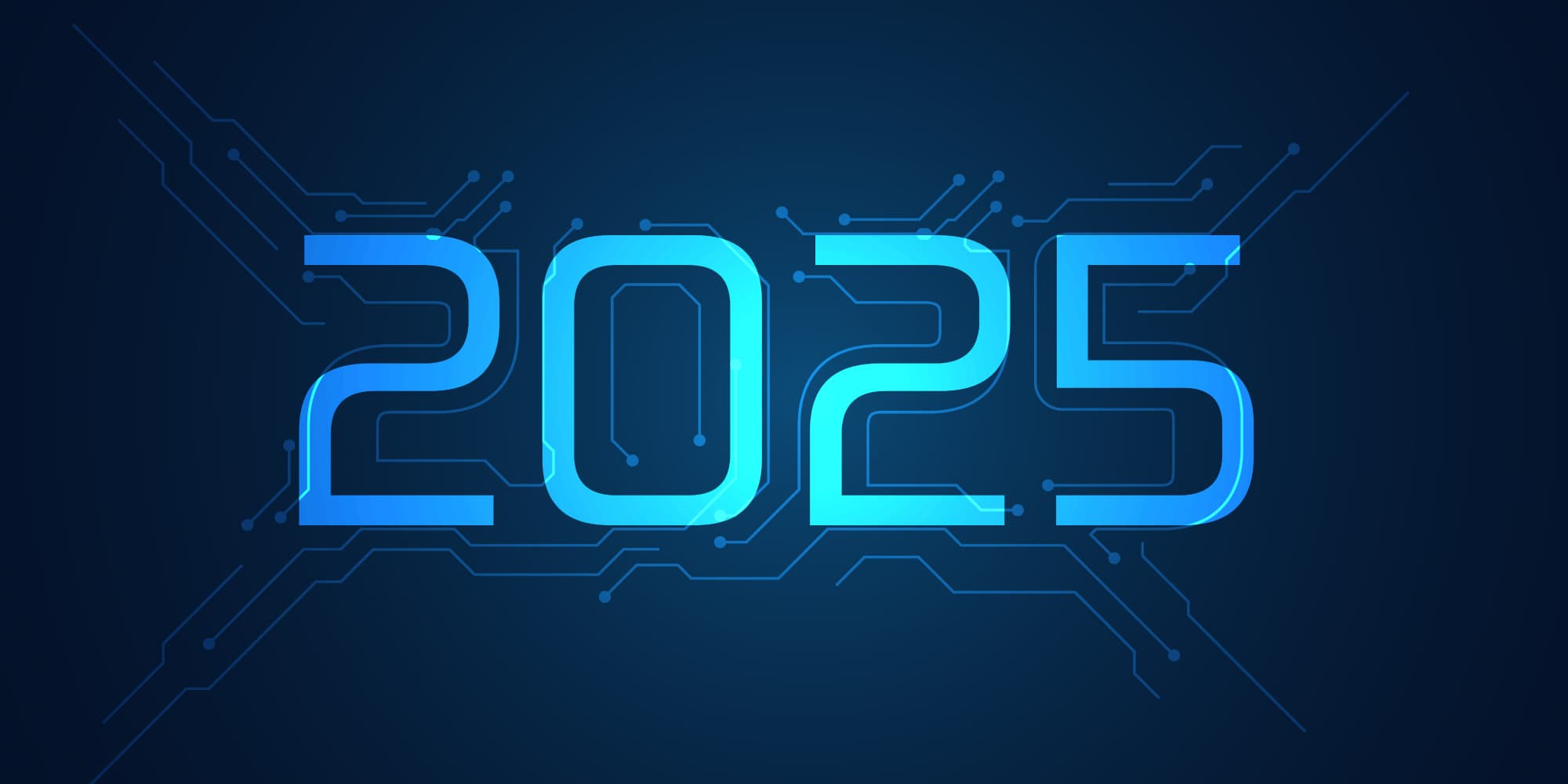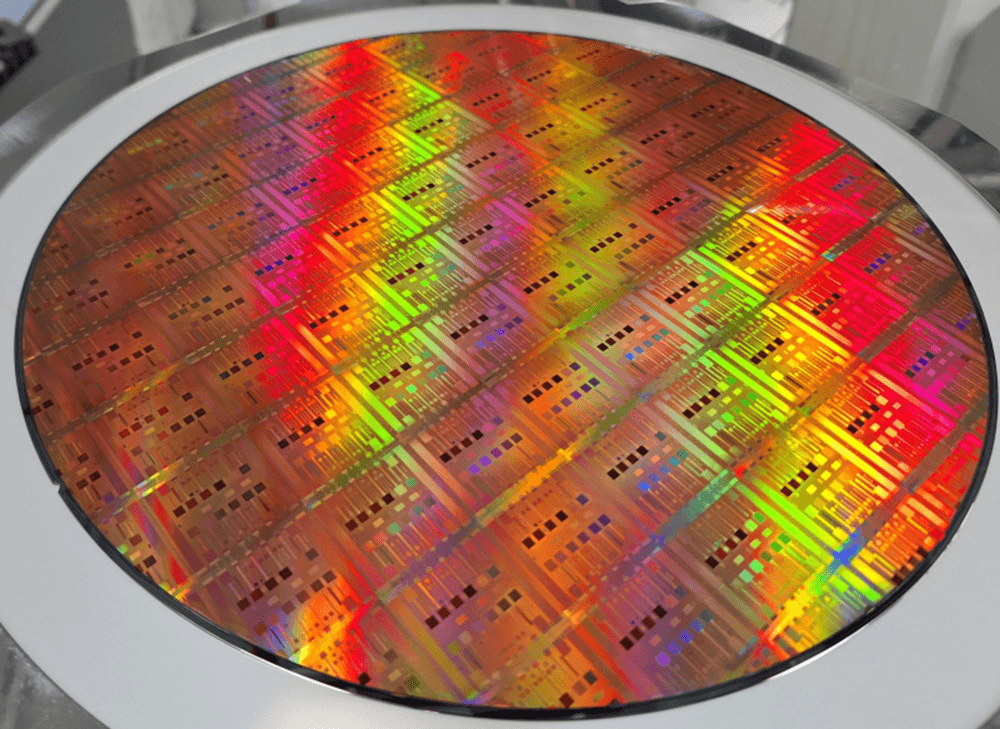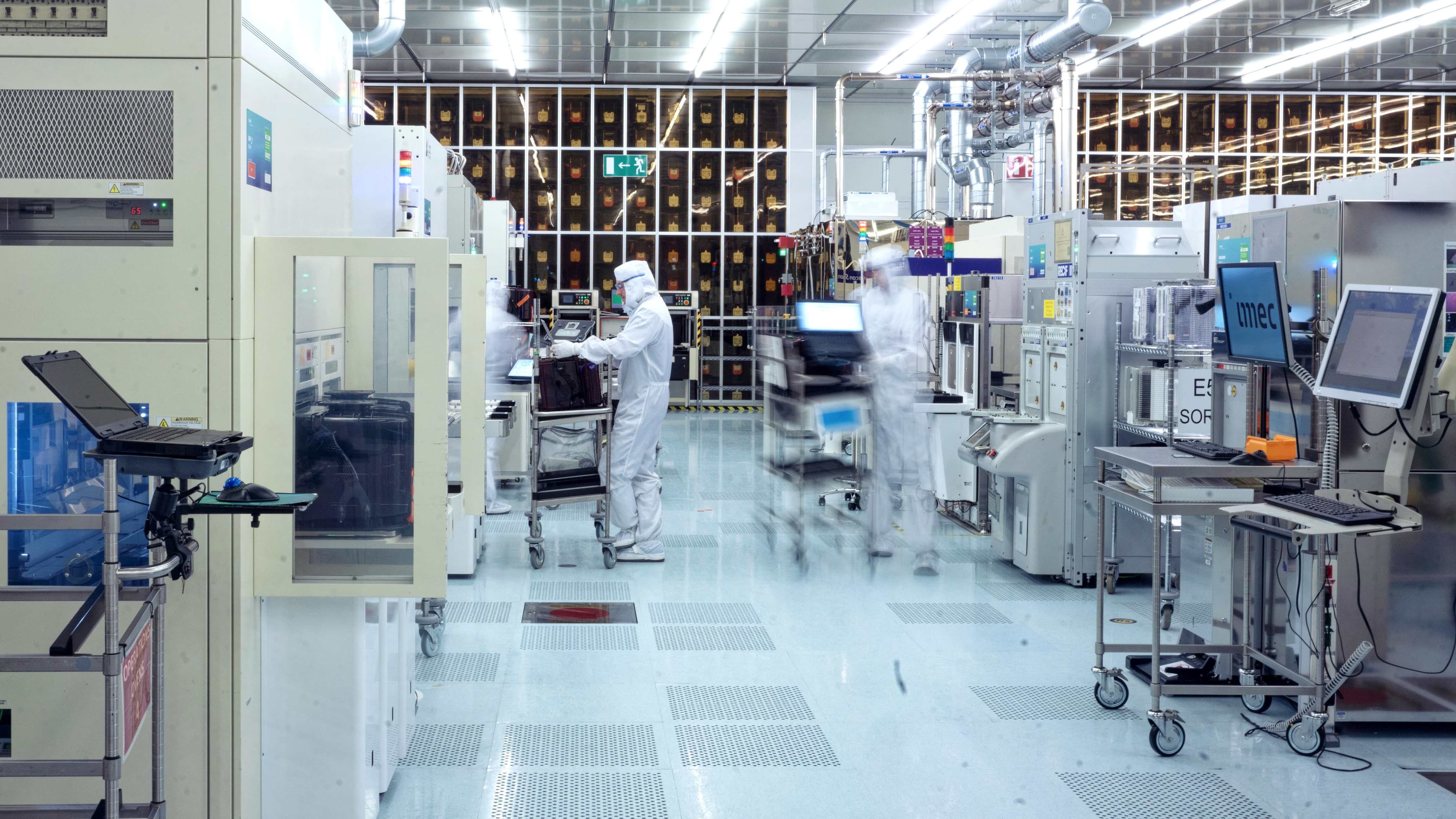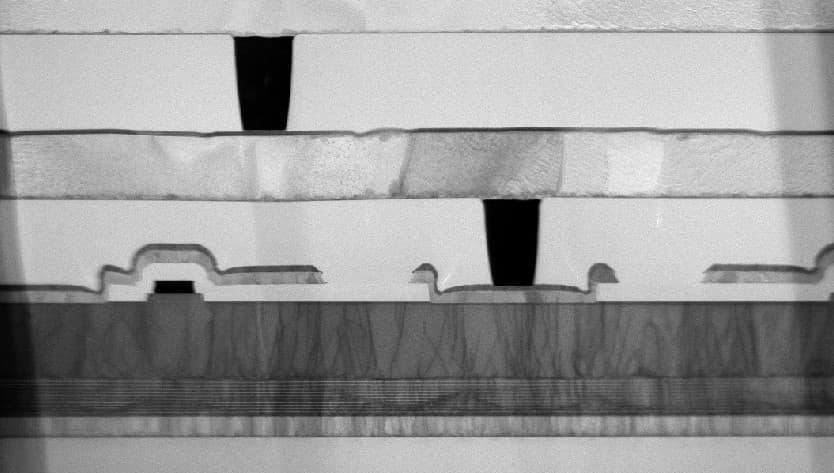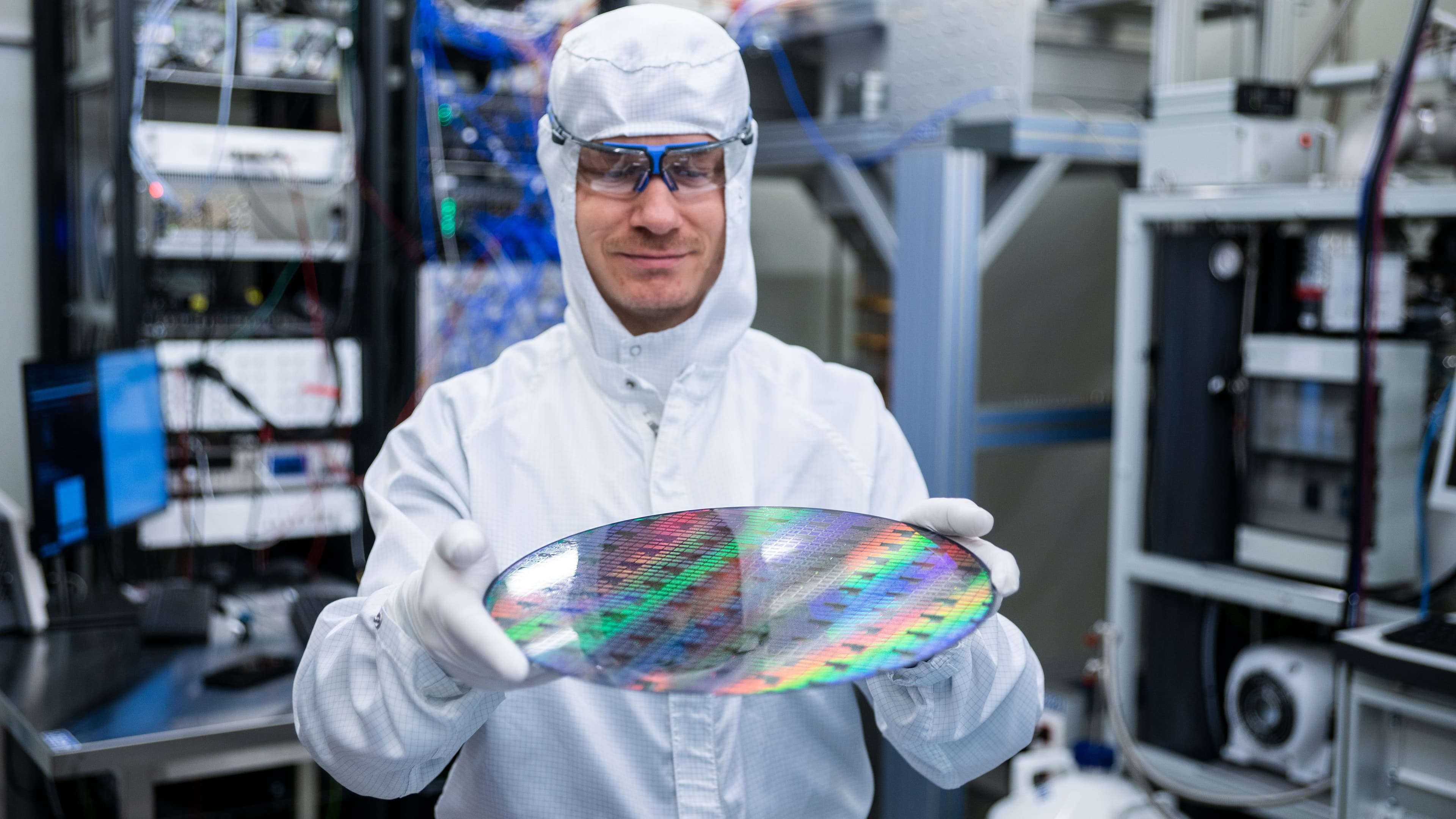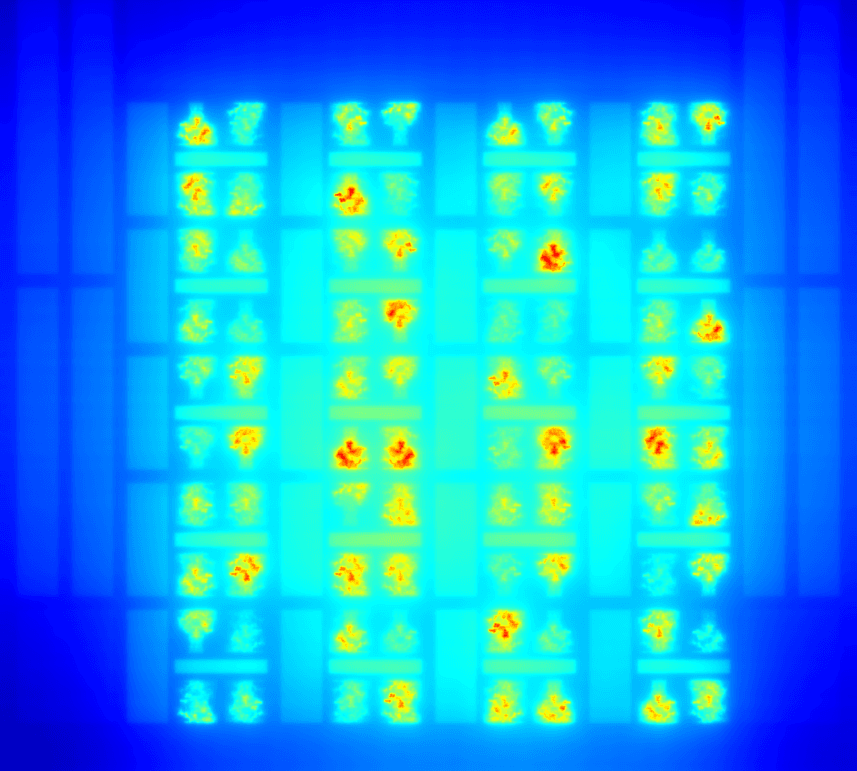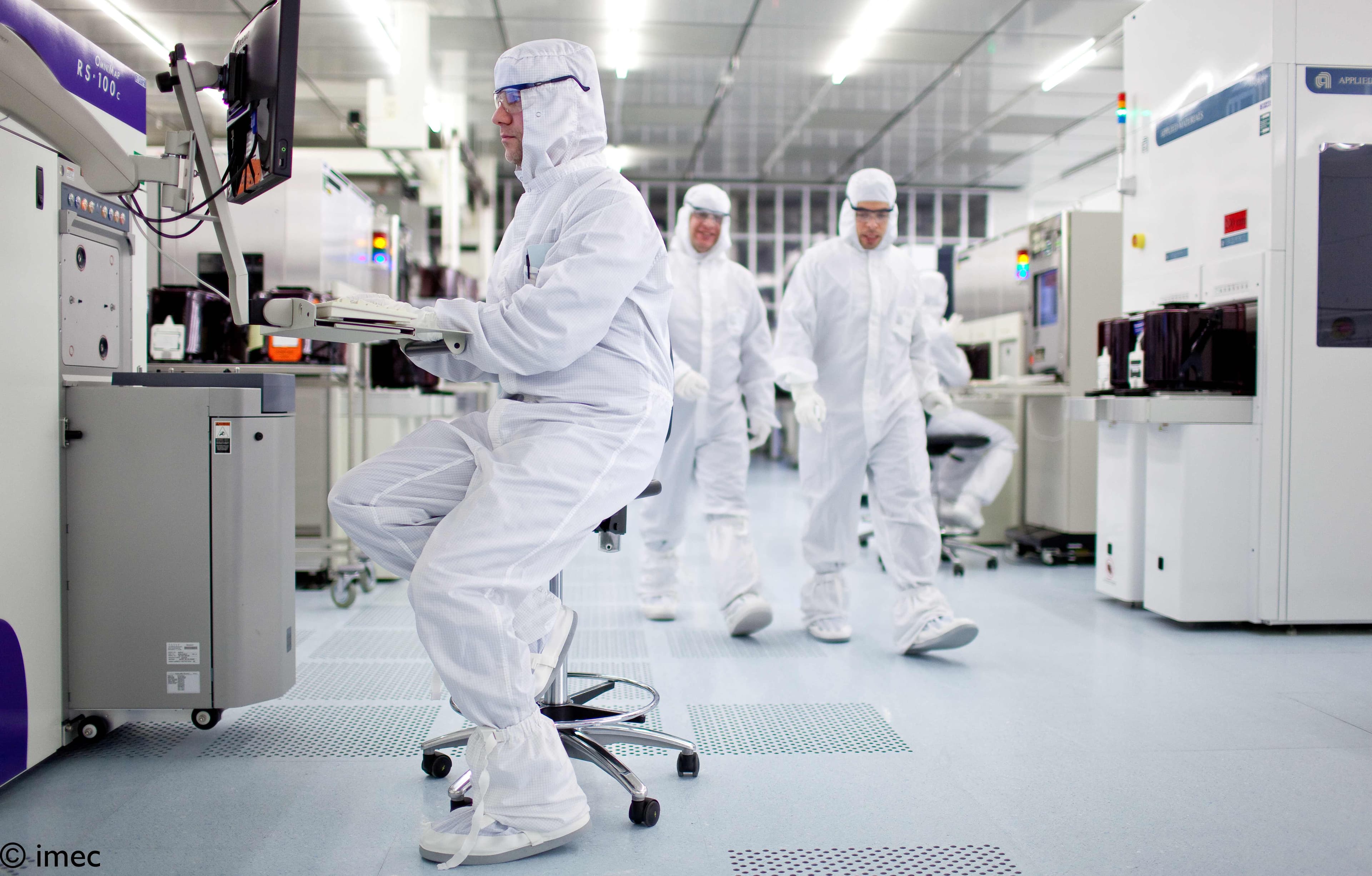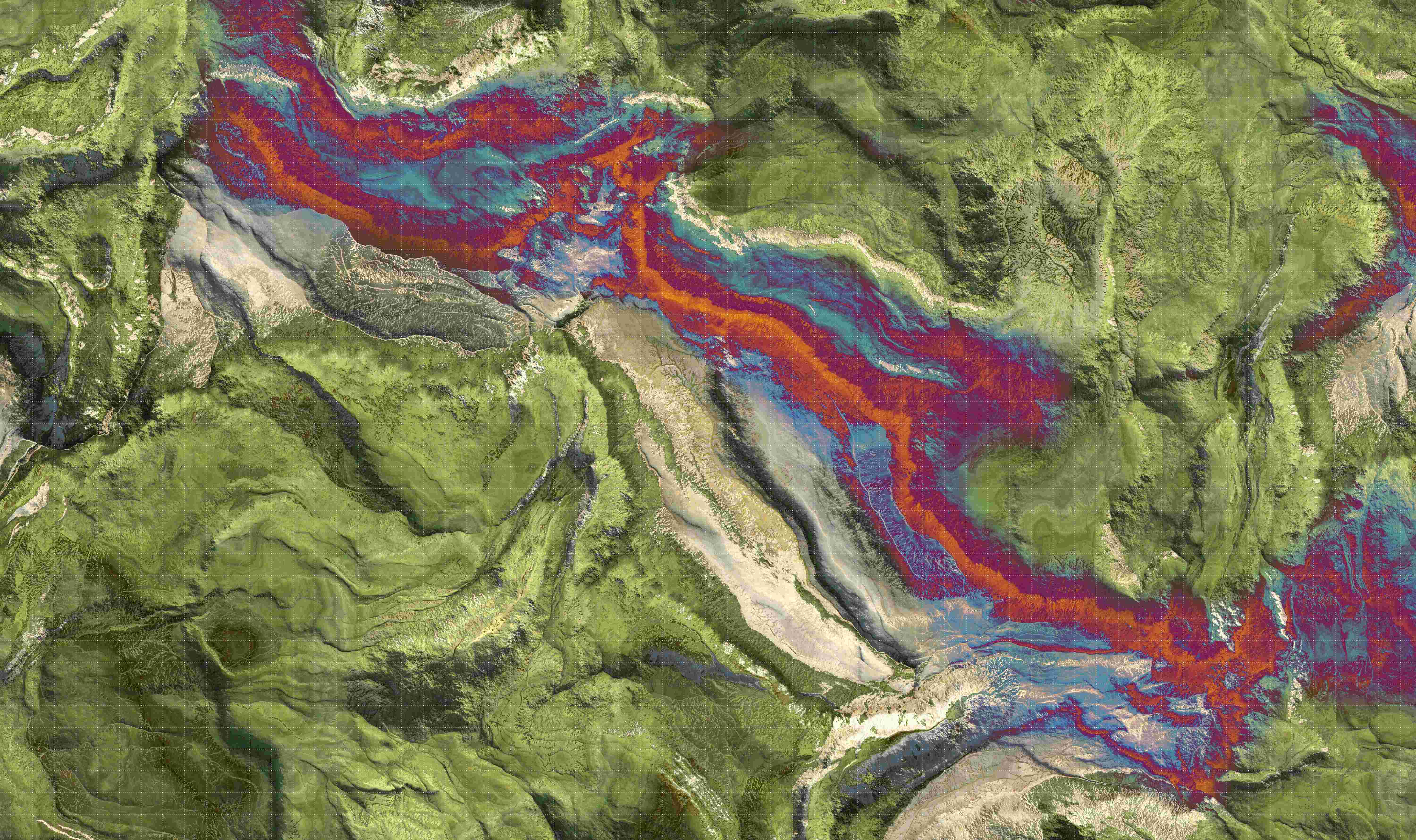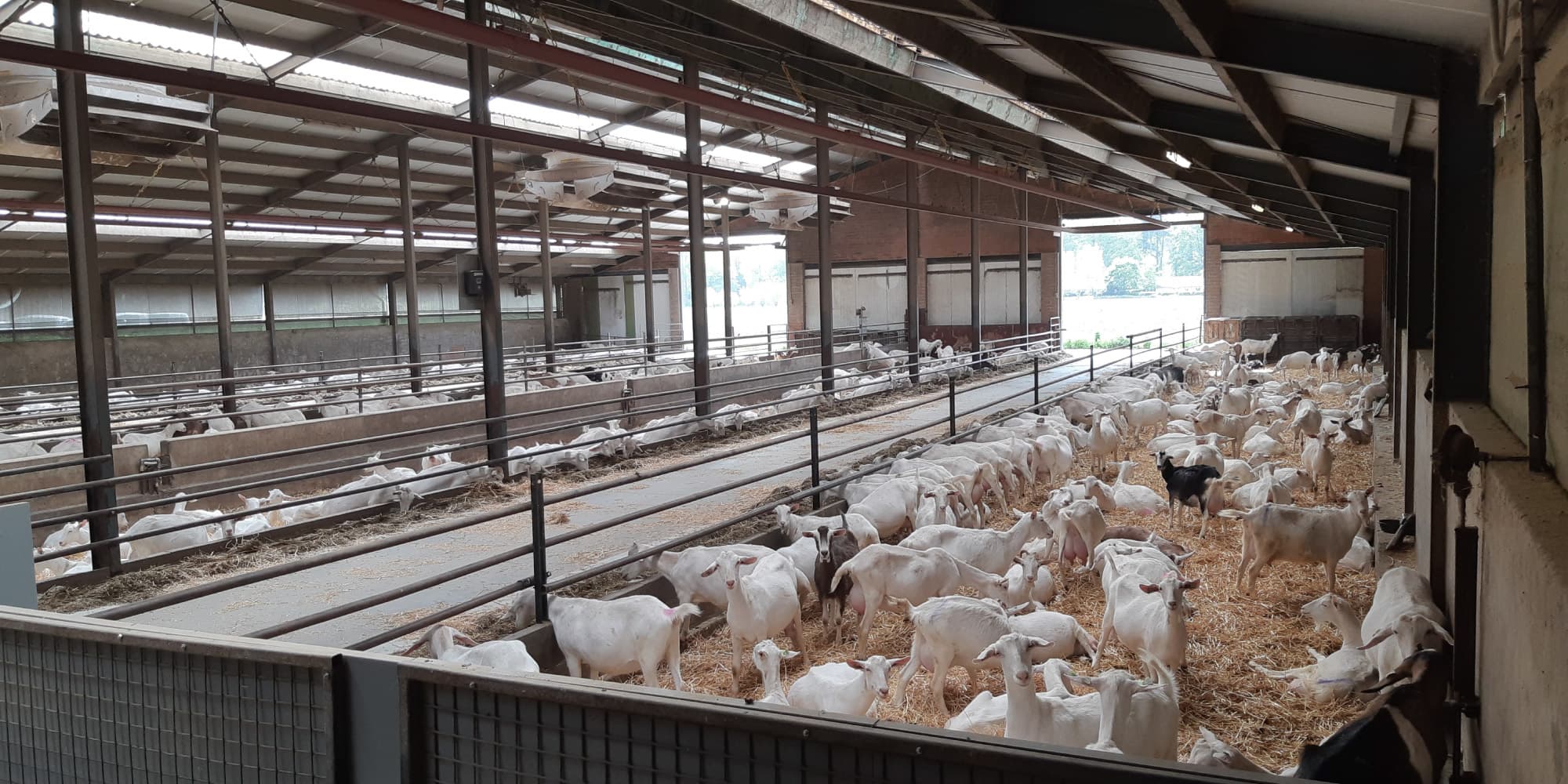
Today, the European dairy goat sector is faced with the challenge of producing high-quality products in a sustainable manner, and that in a context of continually increasing commodity prices. The average dairy goat farm in Belgium and the Netherlands now manages up to 1,000 animals, but it lacks the management tools that would be needed to accurately monitor the health and welfare of the herd in real-time.
Feed-related issues and health problems lead to estimated production losses of 10%, corresponding with an average economic loss of 70,000 EUR per farm and per year. Identifying these issues early on, with an automated health monitoring system would allow taking preventative measures, improving the wellbeing of the animals and cutting these losses.
However, as yet there are no commercial systems available to monitor the feeding and rumination behavior of dairy goats in combination with other relevant clinical parameters.
Within the BOLUCAP project, we aimed to develop an ingestible sensor for the rumen, a sensor which captures the body temperature, overall activity, and rumen contractions of the goat. The rumen is the largest pouch of the stomach of ruminants like goats and cows.
Once in place, the sensor will collect data and transmit them to a gateway on the farm, where they will be translated into actionable advice for the farmer and insights into the health of the herd.
The outcomes
Within the BOLUCAP project, we were able to conceptually show the complete end-to-end chain, from harvesting raw data through a bolus to visualising the data on an online dashboard. The three main outcomes of the project are:
- A functioning rumen bolus containing sensors for monitoring temperature and movement. These sensor is able to withstand the acidic environment of the rumen and does not hinder the animal.
- A cloud-based web application to store, process, and visualize sensor data coming from a gateway installed in the barn. The online dashboard allows the farmer to inspect information on individual goats and on groups of goats.
- A Machine Learning algorithm that takes in the raw data obtained by the bolus, and outputs a diagnosis of the goats’ health, in the process also identifying outliers. To arrive at this result, we also used an embedded ML model derived, step-by-step algorithm on the bolus to balance the bolus’ energy consumption between wireless transmission and AI calculation.
Video
Bolucap
A health monitoring system for dairy goats, a.k.a. a BOlus for CAPri.
Bolucap is an imec.icon research project funded by imec and Agentschap innoveren & ondernemen.
It started on 01.06.2020 and ended 30.11.2022.
Project information
Industry
- ENT Studios
- J. Kusters (Alprina)
- NXP Semiconductors België
- W. Govaerts & Co
Research
- imec - WAVES - Ugent
- UGent - Faculty of Veterinary Medicine
Contact
- Project lead: Wim Govaerts
- Research lead: Margot Deruyck
- Proposal Manager: Margot Deruyck
- Innovation manager: Annelies Vandamme


